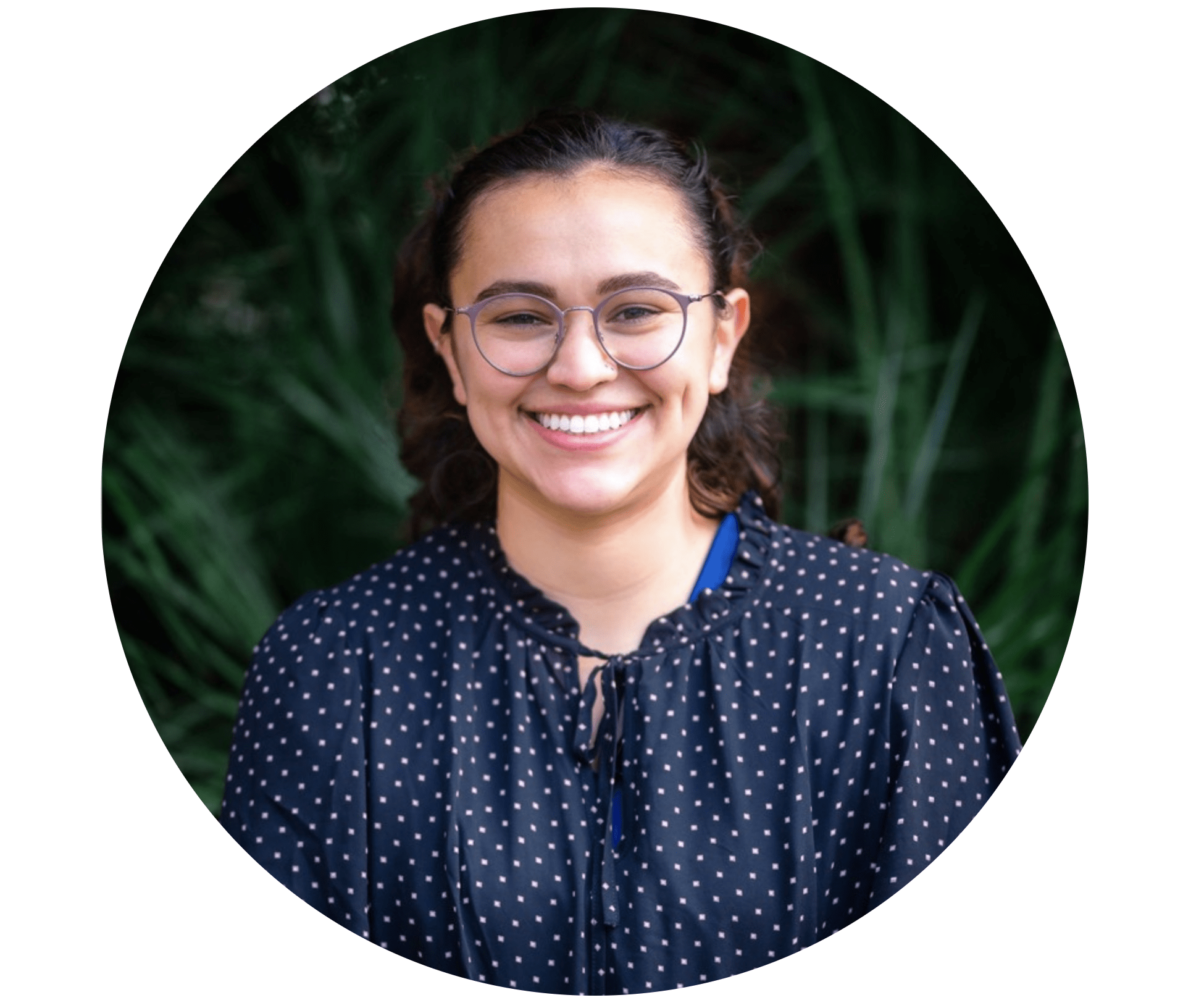 Bree Casas – The Valley Foundation School of Nursing
Bree Casas – The Valley Foundation School of Nursing
What is your role in your department/school?
I currently am a Senior Bachelor’s of Science in Nursing student. I serve as the President of Public Health Nursing Club; the President of Black, Indigenous, Latinx, and Student Nurses of Color (BILSNOC); and I serve on the SJSU and State Board of California Nursing Students Association with a goal of promoting DEI and representation for nursing students of color.
What would you identify as one of the most significant actions you have taken to advance the cause for diversity either in the classroom, your community or your profession?
On a large scale, I was recently invited to speak at the National Student Nurses’ Association Convention in Utah (April 2022) on DEI and nursing recruitment for students of color, and I could not be prouder to represent our university and state! On a more local level, at SJSU, my nursing mentee (An Huynh) and I decided to take a leap at the beginning of the school year with the guidance of Dr. Sheri Rickman-Patrick to start BILSNOC, although we are a small group, those of us that are committed continue to hold a community space for BIPOC Nursing students. I think I have had amazing peers that have been committed to advocating alongside me, which keeps me motivated.
How have you integrated topics of DEI into hiring new faculty and/or admitting students?
Something I have personally discussed and advocated for within our nursing program since my first semester in the program is utilizing a multicriteria selection process that evaluates student potential holistically rather than solely on academic achievement. I know there is a lot of work to be done, but this is a significant reason why I hope to remain involved in academia throughout my career, to ensure our underrepresented students have an equitable chance.
Tell us about how you and why you became attentive to DEI topics. What prompted this change in your department/school? What did the process look like?
I actually have a B.A. in Sociology from another university and feel that a large part of understanding myself and the many realms I exist within has been through the lens of intersectionality. I think during my time at SJSU it was really the uprising in the Summer of 2020 when George Floyd was murdered and many other BLM protests were arising, that a group of about five students and I collaborated on a list of changes we wanted the nursing administration to implement into curriculum. We discussed this over the span of a few meetings, but change sometimes can be a process when others in positions of leadership may not be ready to implement changes. And when the change didn’t occur at the pace we were comfortable with, a classmate (Lilian Anh) and I decided to implement informal surveys to ask students if they felt they were receiving culturally-informed education.
What support did you need to make it happen? Did you draw on existing resources or examples that were helpful in guiding your change?
Truly it has been our faculty of color, specifically Black women, that support these causes the most deeply. I am endlessly grateful for the extra time and effort they put into making our university and nursing program a better place (specifically Dr. Michelle DeCoux Hampton, Dr. Sheri Rickman-Patrick, and Dr. Denise Dawkins). At the same time, we need more folks that are allies to engage in this work with us, because this work is taxing especially for BIPOC students and faculty.
Tell us one book, one article, one documentary, or once movie you’ve read or watched that you would like to suggest to others that helped shape your thinking about DEI work.
I would say Punished by Victor Rios and The Autobiography of Malcolm X as Told to Alex Haley by Malcolm X